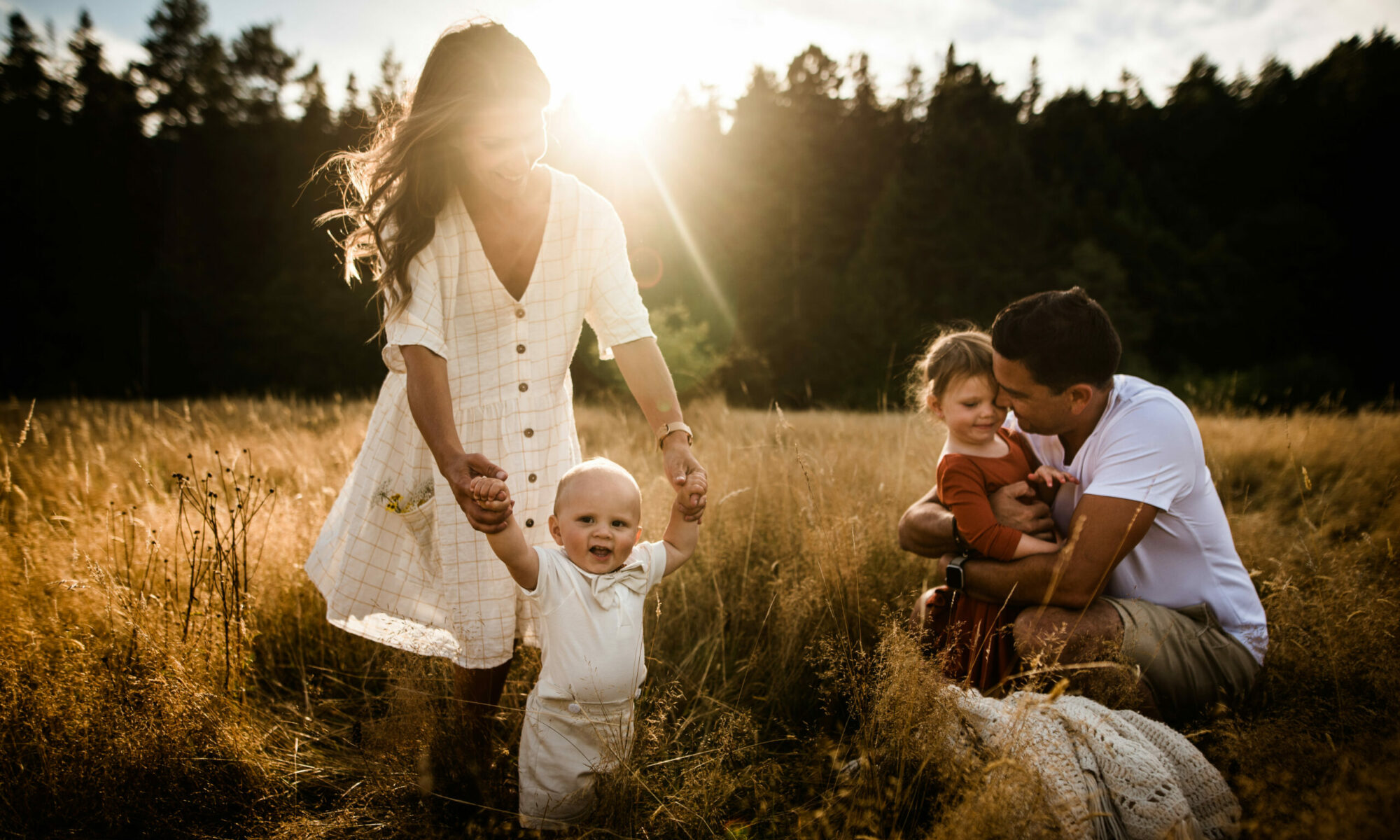What does it mean to network using social media?
Networking is the exchange of information and ideas among people with similar interests or professions. It is the process of finding information, knowledge and skills, as well as sharing them. Therefore, networking through social media is the use of multi online/offline platforms and technology as a means to connect with like minded people in order to learn from and participate with them. Using social media allows people to “gather, connect, communicate, create and also share knowledge and experience with a group of connected people, anywhere at anytime.” (Gutierrez, Karla, 2016). Therefore, networking using social media allows people to learn form a wider range of people, over a range of time zones, from the comfort of their homes. Networking using social media means more access to what there is to be learned, as well as to potential collaborators. It is a way to build community with people of your choice.
How are we motivated to participate in networked publics?
People are motivated to participate in networked publics since “your network allows you to find appropriate, constant support when the need arises,” (Rajagopal, Kamakshi, et al. 2011) as well as “can be used as a means to continuously support professionals’ life-long learning in practice.” (Rajagopal, Kamakshi, et al. 2011) In other words, in your personal or professional life, when a question arises, networked publics can be a quick and easy way to inquire about, and find answers to, those questions in a way in which you feel most comfortable with or ready for. For example, you may choose to have very weak, weak or strong ties in your public networks depending on your main goal or present need. Your weak ties allow you to learn new information quickly and without much interaction with the tie and your strong ties may allow you to collaborate and create with a like minded professional. Either way, you have choice in how you want to interact and will be supported by them according to your own needs.
What are the risks & rewards of public communications?
As mentioned above, public communications can bring about collaboration, learning, supportive social spaces and professional possibilities. Public communications create conversations and dialogue, “where tactic knowledge is built through experience and reflection and [is] shared”(Rajagopal, Kamakshi, et al. 2011)Therefore, these public communications create and facilitate valuable life-long learning.
Although there are many rewards of public communications, there always comes risk, even with the ever changing securities or attempts to control what is posted. No matter how much control one thinks they may have, there is space for that control to be lost. For example, sometimes, “what we share about ourselves tells heaps about other people.” (Boyd, Danah. 2012). When sharing information about others it is vital to have permission or consent, however in many cases a person can post an image of themselves, yet with others in the background. There is no release granted and yet still allowed to go public. Another risk presents itself in the form of corporations who collect and sell users data for marketing purposes from algorithms that, “construct portraits of individuals based on others’ habits”(Boyd, Danah. 2012).These companies can then build an image of you based on yours and others’ online habits having potential impacts on what you purchase or on your views of the world. The worst part is that many users do not recognize that this is even occurring. Great examples are laid out in the documentary, “Social Dilemma” directed by Jeff Orlowski and written by Orlowski, Davis Coombe, and Vickie Curtis.
References:
Gutierrez, Karla. What Are Personal Learning Networks?, 21 June 2016, www.shiftelearning.com/blog/personal-learning-networks.
Rajagopal, Kamakshi, et al. “Understanding personal learning networks: Their structure, content and the networking skills needed to optimally use them.” First Monday (2012). Web.
Boyd, Danah. “Networked Privacy.” Surveillance & Society, 12 Dec. 2012, ojs.library.queensu.ca/index.php/surveillance-and-society/article/view/networked.

